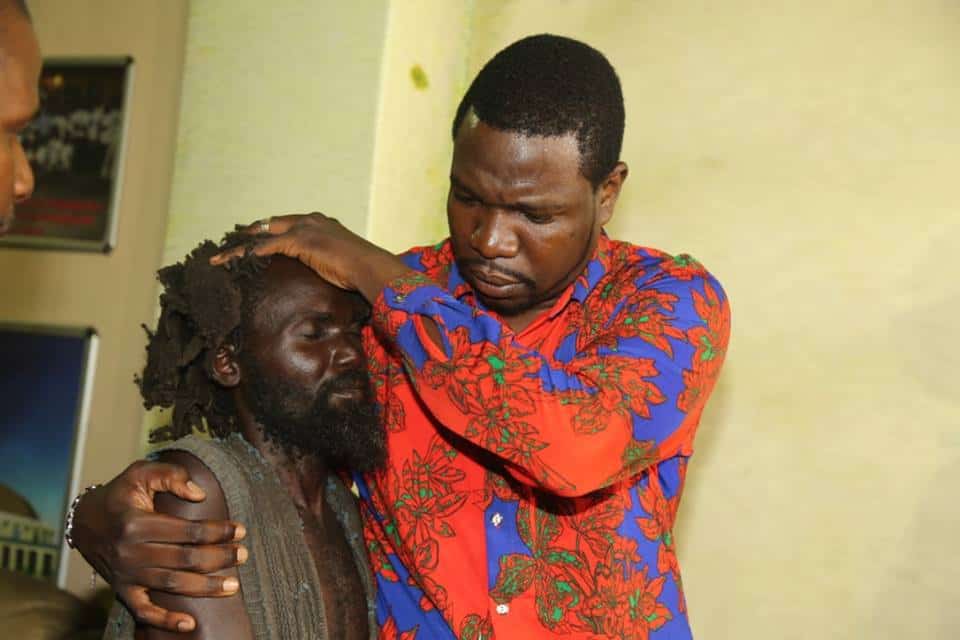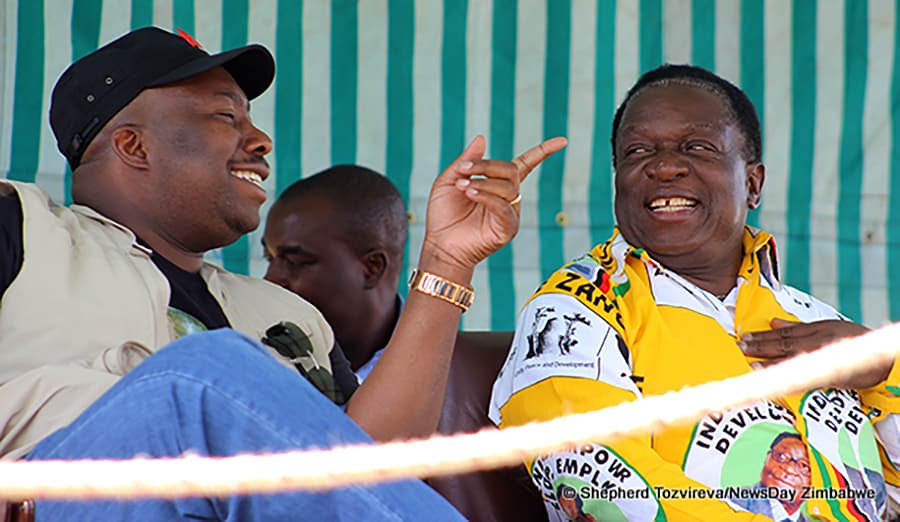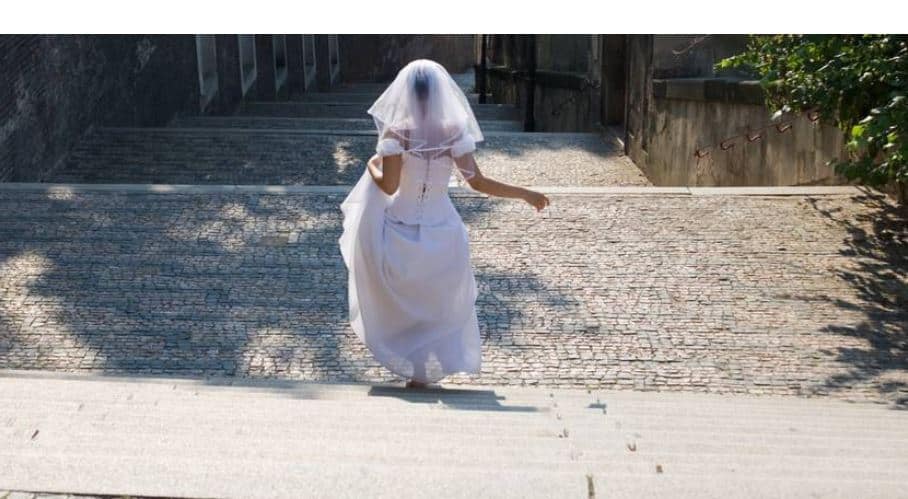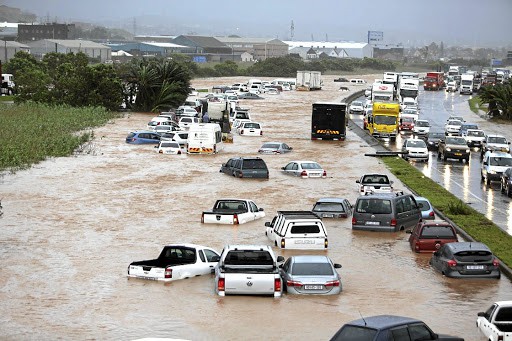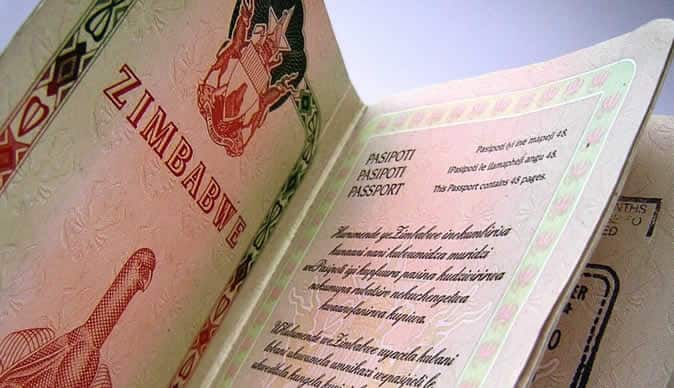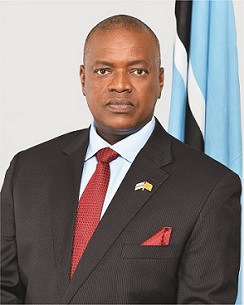Political violence, economic crises, torture is a very significant cause of mental illness in Zimbabwe
Charles Mabhena|zwnews.com
Politically motivated violence reared its ugly head again in Norton this past Saturday ahead of the by-elections for the constituency set for this weekend, this comes after the Guruve incident that also happened recently, where some members of the Zimbabwe People First party were assaulted and left for dead by a highly organised team alleged to be comprised of members of the ruling ZANU PF party.
In July this year, the country was rocked by several civil protests, in which the state responded by unleashing violence as well as arrests.
Jacob Moto (34) is mentally ill, he lives in the streets of Harare, moves around in shabby clothes, and scavenges for food from the bins, pitting him at war with street children, on a bad day, both of them may be losers when stray dogs visit the bins before them.
Though suffering from a broken thought line, Moto sometimes clearly narrates how he ended up in that condition. “I was attacked by ZANU PF supporters back in 2013 just before the presidential run-off, for allegedly being a MDC-T supporter. I was living in my home village; Dande Valley in Mount Darwin, the place is a stronghold of the ruling party and opposition party members are attacked or even killed.
“They came at night chanting war songs, called me and knocked on the door, but I remained silent, some even suggested burning me inside at last they got entry after breaking the door, I was assaulted with heavy sticks and sustained head injuries. When I went to Pfunyanguwo Clinic, the health officials who attended to me told me that I might develop mental health problems in future as a result of the attacks,” he said.
In some Zimbabwean cultures a lot of theories, beliefs, and superstitions have been linked to mental illness, it can be attributed to beating a parent especially maternal ‘Kutanda botso,’ or to being bewitched by relatives as a business boosting ritual, yet some others also have it that such spells may be a form of punishment for stealing from someone with magical powers to cause mental disorder.
Be that as it may, science proves otherwise, according to the American Psychiatric Association, mental illness is a health condition that involves changes in thinking, emotion, or behaviour, or a combination of these. It is associated with distress and/ or problems functioning in social, work or family activities.
Meanwhile, Doctor Dickson Chibanda (a psychiatrist) says there are a number of factors that leads to mental disorder conditions such as stress from traumas and economic hardships, which affect some people’s mental disposition.
Trauma and Mental Health in Zimbabwe 2011, a study by the Research and Advocacy Unit reveals that organised violence and torture [OVT] is a very significant cause of mental illness in Zimbabwe.
In the case of Zimbabwe, we do not have clear figures for the numbers of people affected, directly or indirectly, by violence and torture. The true scale of the problem will not be known until an enabling political and legal infrastructure is in place to facilitate the research needed to generate accurate figures.
“However, the most persistent consequences will be psychological, and especially if the trauma was deliberately inflicted, as in torture, for example, the most probable long-term consequence of experiencing organized violence and torture is development of a psychological disorder,” reads the study.
It also warns that it should be clear that exposure to violence does not always equal psychological disorder, as they are also other factors like economic induced stress especially in the current trying times.
“We should also note that cross cultural research has long known that psychological injury and distress is most likely to manifest in somatic symptoms. The probability of psychological disorder increases with the number of exposures to trauma such as organized violence and torture. Whilst men are probably the most common primary victims of OVT, women and children are disproportionately the most common secondary victims, and certainly secondary victims are much more common than primary victims,” it adds.
Information gathered from war veterans underlines the persistent impact of unresolved trauma after the liberation war and figures relating to the gukurahundi, to elections and to Operation Murambatsvina show how specific events (like elections characterised by violence) have increased the level of mental suffering.
It is also argued that attention must be paid to the psychological well-being of those who have suffered indirectly, particularly women and children, as research suggests that the impact of violence and torture extends beyond those directly victimised.
The effects of organised violence and torture on the social fabric of communities and the disempowerment which results both from individual suffering and from the fragmentation of relationships and systems which might have provided support or offered resistance is acknowledged as another important area.
The government of Zimbabwe under the Mental Health Act 1996; 15 has an obligation that the mental requirement of every citizen is taken care of, from detention and after-care of persons who are mentally disordered or intellectually handicapped, whether for the purposes of treatment, rehabilitative, or otherwise.
While launching the Zimbabwe Mental Health Strategic Plan 2014 to 2018, in January last year Minister of Health and Child Care, David Parirenyatwa admitted that the government was not doing much in terms of mental health care, despite its increase as a result of the economic meltdown.
Currently, it is believed that more than five million in Zimbabwe are suffering from mental illness. Some analysts are of the notion that with the prevailing situation most people are living stressful lives, thereby exposing them to mental disorders. Political violence that has over the years characterised local polls, as evidenced by recent incidences is seen by many as having a potential to rise as we edge towards the 2018 elections.

